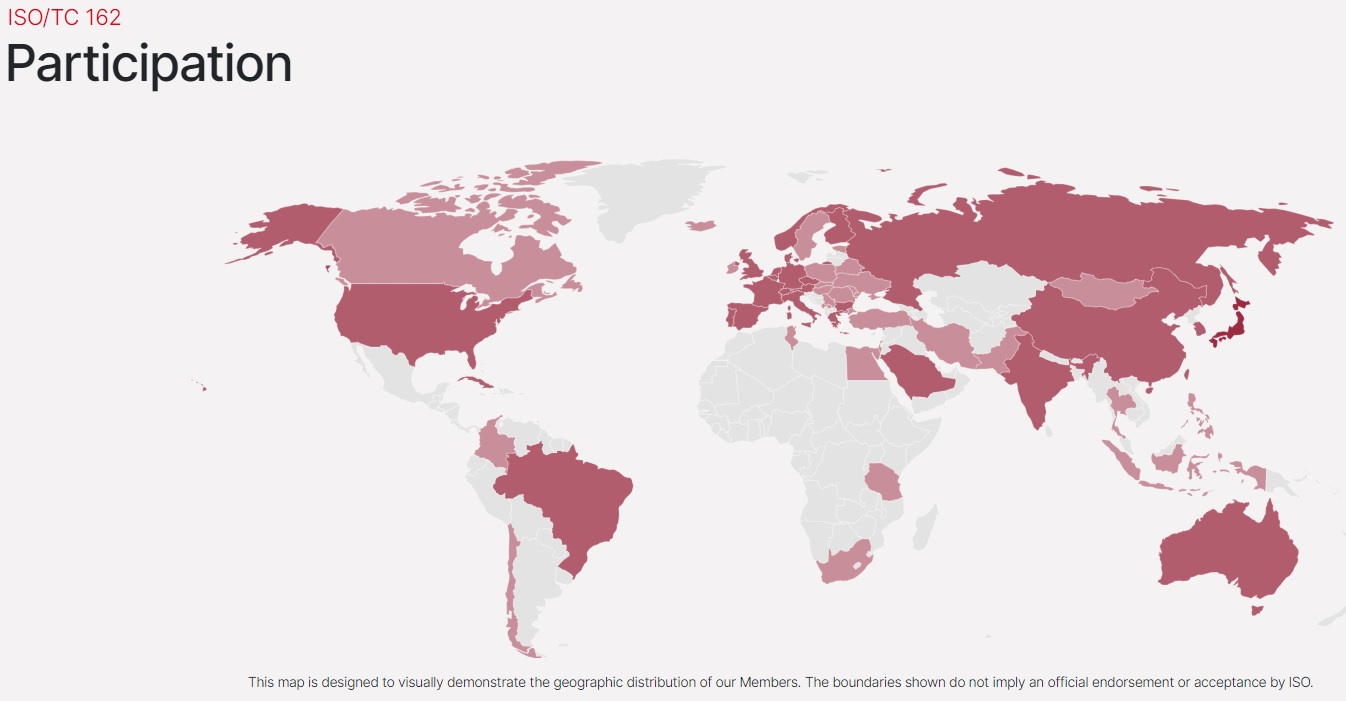Scope: Standardization in the field of doors, doorsets, windows, and curtain wall including hardware, manufactured from any suitable material covering the specific performance requirements, terminology, manufacturing sizes and dimensions, and methods of test. The Japanese Engineering Standards Committee is the Global Secretariat.
Multinational manufacturing and trade in the door manufacturing industry involve the production, distribution, and sale of doors across international borders. This industry encompasses a wide range of door types, including residential, commercial, industrial, and specialty doors. Here are some of the key fine points to consider in multinational manufacturing and trade within the door manufacturing sector:
- Global Supply Chains:
- Multinational door manufacturers often have complex global supply chains. Raw materials, components, and finished products may be sourced from various countries to optimize costs and quality.
- Regulatory Compliance:
- Compliance with international trade regulations and standards is crucial. This includes adhering to import/export laws, product safety regulations, and quality standards, such as ISO certifications.
- Market Segmentation:
- Different regions and countries may have varying preferences for door types, materials, and styles. Multinational manufacturers need to adapt their product offerings to meet local market demands.
- Distribution Networks:
- Establishing efficient distribution networks is essential. This involves selecting appropriate distribution channels, including wholesalers, retailers, and e-commerce platforms, in different countries.
- Tariffs and Trade Barriers:
- Import tariffs and trade barriers can significantly impact the cost of doing business across borders. Understanding and navigating these trade policies is essential for multinational door manufacturers.
- Localization:
- Multinational manufacturers often localize their products to suit the preferences and requirements of specific markets. This may involve language translation, customization of door designs, or adjustments to product dimensions.
- Quality Control:
- Ensuring consistent product quality across borders is critical for maintaining brand reputation. Implementing quality control processes and standards at all manufacturing locations is essential.
- Cultural Considerations:
- Understanding cultural nuances and local customs can help multinational manufacturers market their products effectively and build strong customer relationships.
- Logistics and Transportation:
- Efficient logistics and transportation management are essential for timely delivery of doors to international markets. This includes selecting appropriate shipping methods and managing inventory efficiently.
- Sustainability:
- Sustainability concerns, such as environmental impact and responsible sourcing of materials, are becoming increasingly important in the door manufacturing industry. Multinational manufacturers may need to comply with different environmental regulations in various countries.
- Intellectual Property:
- Protecting intellectual property, including patents and trademarks, is crucial in a global market. Manufacturers must be vigilant against counterfeiting and IP infringement.
- Market Research:
- Conducting thorough market research in each target country is essential. This includes understanding local competition, pricing dynamics, and consumer preferences.
- Risk Management:
- Multinational manufacturing and trade involve various risks, including currency fluctuations, political instability, and supply chain disruptions. Implementing risk mitigation strategies is vital for long-term success.
In summary, multinational manufacturing and trade in the door manufacturing industry require a comprehensive understanding of global markets, regulatory compliance, cultural differences, and logistics. Successfully navigating these complexities can help manufacturers expand their reach and compete effectively in a globalized world.
Relevant agencies:
ASTM International: ASTM develops and publishes voluntary consensus standards used in various industries, including construction. ASTM standards cover materials, testing procedures, and specifications related to doors, windows, and associated components.
National Fenestration Rating Council (NFRC): NFRC is a U.S.-based organization that focuses on rating and certifying the energy performance of windows, doors, and skylights. They provide performance ratings and labels used by manufacturers to communicate product energy efficiency to consumers.
American Architectural Manufacturers Association (AAMA): AAMA is a U.S.-based organization that develops standards and specifications for windows, doors, and curtain walls. Their standards cover performance, design, and testing.
National Institute of Building Sciences (NIBS): NIBS is involved in research, education, and the development of standards for the building and construction industry in the United States.









